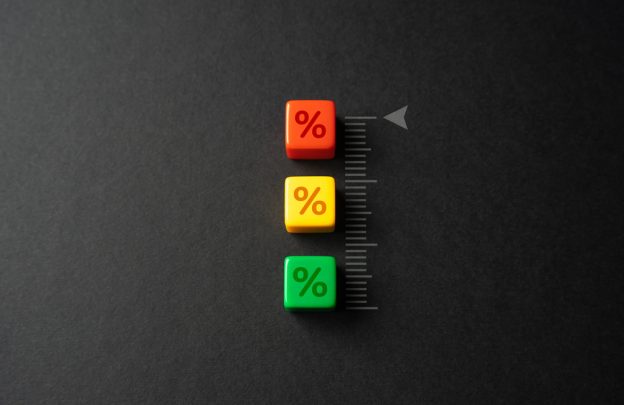
Capital gains tax affects the sale of many different types of assets and is one of the taxes that the current government may change to help improve public finances.
In July Rachel Reeves the Chancellor announced a £22 billion “black hole” in the public finances which is going to be addressed in more detail in the next budget.
Given the commitment made by the newly elected Labour government to refrain from increasing income tax, VAT or national insurance, it is possible that there will be adjustments to capital gains tax in the upcoming budget which is happening on Wednesday October 30 2024.
Rising talk of an increase to capital gains tax rates may be one of the reasons that have caused a jump in big houses going on sale, says the UK’s largest property website Rightmove.
Rightmove reported a burst of action at the high end of the market in the week ending 9 September which may include a number of landlords who want to offload their investments before an increase in the CGT rates.
The number of big homes – four-bedroom detached houses and all five-bedroom or larger properties – listed for sale in Great Britain was 15% higher than the same time last year.
In the east and south-west of England, which include some of the UK’s top coastal and countryside spots, this number topped 20%.
For those with investments like property and shares the possibility of a capital gains tax increase isn’t ideal however, remember that these CGT changes are just speculation for now.
If there are to be rises to the CGT rates it might not apply to all of them and remember the rates are different for residential properties.
Selling before you have originally planned could mean missing out on potential growth – with tax not usually the only consideration if you are looking to offload an investment asset.
It’s crucial not to make hasty decisions and if increases are announced they likely wouldn’t take effect until April 2025 at the earliest.
This means you probably have some time to consider your options to help minimise the tax affects on your assets.
It’s worth considering some of the some ways that could help minimise your capital gains tax liability which include:
Consider ISAs and pensions
You can sidestep CGT entirely (up to the ISA tax free threshold) by investing through a Stocks and Shares investment savings account or ISA.
The ISA allowance isn’t just beneficial when you cash out; it can make a big difference every time you adjust your portfolio.
Pension investments also grow free of CGT, with added perks. Personal pension contributions get tax relief (within limits) – higher-rate taxpayers can benefit from relief at their highest rate.
Pension contributions can also push people out of higher-rate tax brackets, potentially lowering the rate on some of their gains.
Make best use of the capital gains tax allowance
Currently all individuals can make up to £3,000 in tax-free gains per tax year. This is called the CGT allowance or annual exempt amount.
Deciding when to realise a capital gain from investments like shares and bonds can be challenging.
You might choose to sell more while the tax situation is clear, especially if you’re a basic-rate taxpayer, as you’ll pay 10% CGT on at least the initial portion of the gain.
Conversely, a higher-rate taxpayer, who’ll pay 20% on gains this year, might prefer to delay taking gains above the annual allowance until next year if they expect lower income and a reduced tax band.
Use your CGT losses
In any given tax year, you may have both losses and gains across your investments.
When filing your tax return, include details of your losses, which will be offset against your gains when calculating your CGT liability.
If your losses exceed your gains you can carry these forward to future tax years to offset against any future gains.
Plan as a couple for CGT purposes
For married couples or those in civil partnerships, transferring ownership of certain assets between partners can be worth considering.
Transferring assets between partners typically doesn’t trigger CGT, and each partner has their own CGT allowance. This means a portion of the gain might be tax-free.
If one partner is in a lower tax bracket, they might pay less CGT when they eventually sell the asset.







